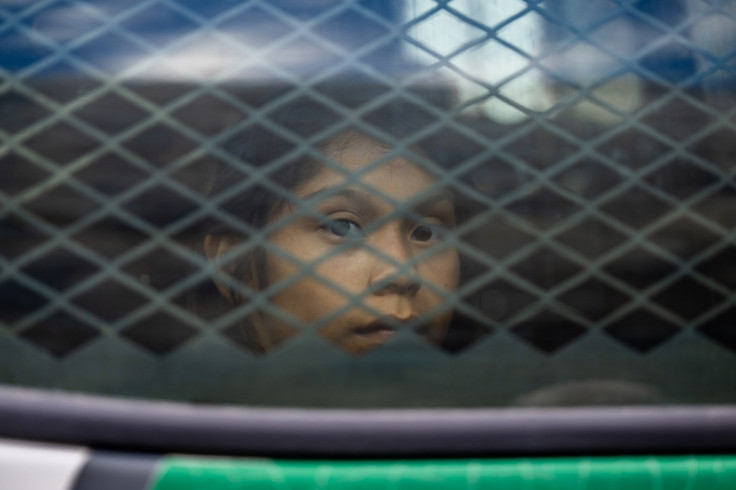
Federal funding cuts have left immigrant children as young as two facing the daunting challenge of representing themselves in immigration court, advocates say. Concretely, the Trump administration cut funding to programs that provided legal representation to vulnerable children earlier this week, a move that affects approximately 26,000 unaccompanied minors across the U.S.
The Galveston-Houston Immigrant Representation Project (GHIRP), which represents over 300 unaccompanied minors, is one of the organizations affected by this decision. GHIRP is now finding itself without resources to provide legal services to children like a two-year-old who will soon be expected to defend herself against deportation in court, as Houston Public Media reports.
"She will be expected to appear in immigration court at some point in the future to defend herself against deportation," said GHIRP Managing Attorney Alexa Sendukas to the Houston news outlet, emphasizing the severity of the situation for such young children.
The funding cuts have sparked outrage from immigrant advocates who argue that the government is undermining legal protections for these children, many of whom are fleeing violence and poverty. According to Sendukas, "with this latest move, it seems like the government is intent on permanently dismantling the existing legal protections for unaccompanied children."
Over in Michigan the impact is expected to be similarly severe. Around 800 migrant children are set to lose their legal representation after the Trump administration shut down most of the Unaccompanied Children Program, according to Detroit Free Press.
Christine Sauvé, manager at the Michigan Immigrant Rights Center, expressed concern about the difficulties children face in court without the help of trained attorneys who understand how to work with vulnerable minors:
"It is difficult to find replacement attorneys for 800 children. There's things that (regular) attorneys may not be familiar with, in terms of: taking breaks during an interview to allow the child to play or take a break. There's specific language resources: Many of the children speak minority languages that aren't commonly spoken here, and so sometimes providing that translation or interpretation can be hard for pro bono attorneys to take on"
This decision has raised concerns about potential violations of the Trafficking Victims Protection Act, which mandates legal protections for minors who may be at risk of trafficking. Experts warn that the lack of legal representation could make it almost impossible for these children to navigate the complex U.S. immigration system, leading to an increased risk of deportation.
Advocates, including Sendukas, are now calling for immediate action from lawmakers to restore funding and ensure that these children receive the fair representation they are entitled to under U.S. law. "We are determined to continue this work somehow," Sendukas said, though she remains uncertain about the future of these essential services.
© 2025 Latin Times. All rights reserved. Do not reproduce without permission.





